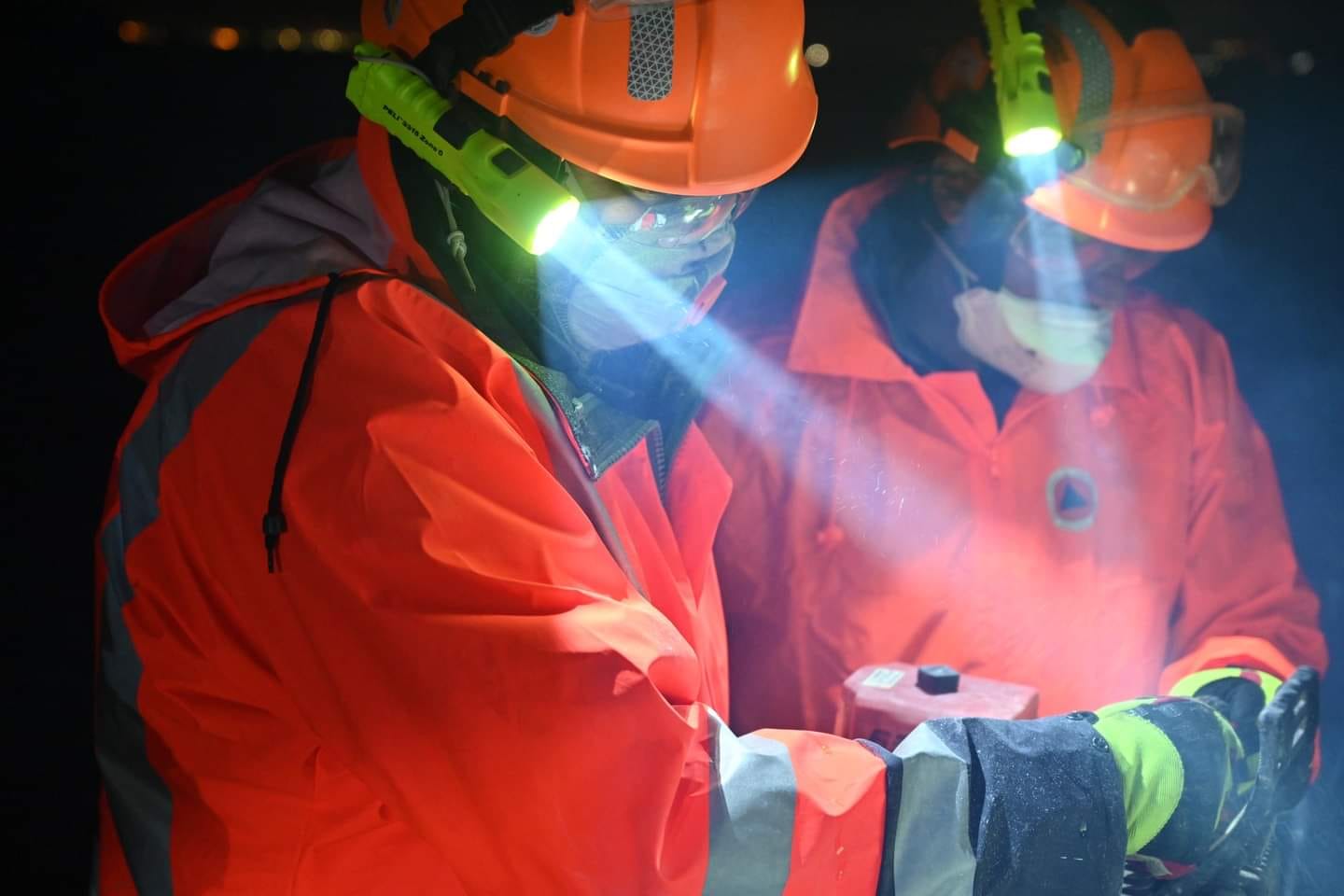The government has approved a new plan to upgrade and restructure the Civil defence, aiming to improve crisis response and coordination following the recent wildfire in the hills of Limassol on July 23.
The plan was put forward by Interior Minister Constantinos Ioannou on May 29 and was approved by the Council of Ministers on June 2. It has now returned to the spotlight as officials seek to address shortcomings exposed during the fire.
The approved proposal sets out the creation of a National Civil Protection Mechanism, with the Civil Defence taking a leading role. It will be turned into a Civil Protection general administration with wider responsibilities, including crisis management, risk monitoring and coordination of emergency services.
The aim is to develop a centralised system that improves cooperation between all relevant agencies during emergencies and enhances the country’s readiness.
This move follows recommendations made by Expertise France, an agency assigned by the European Commission’s directorate for structural reform support. The agency had been tasked with advising Cyprus on reforming its civil protection system.
The final report highlighted the need for better coordination, modern tools, and a clearer chain of command. The government’s new plan is based on these recommendations and seeks to address the issues through structural change and investment.
Under the new structure, the upgraded civil defence will oversee the management of crises, monitor key sectors, and handle national emergency databases. It will also be responsible for the training of staff, coordination of volunteers, and public communication during emergencies.
A greater focus will be placed on digital systems and real-time data, while cooperation between emergency services such as the fire department, police, ambulance service, forestry department and others will be formalised under a unified mechanism.
The plan introduces two new positions to strengthen oversight and planning.
A national coordinator will be appointed to manage the overall emergency response and ensure direct communication with the ministerial crisis team. The coordinator will also offer recommendations to ministers during emergency situations.
Alongside this, a scientific adviser will support the interior minister with expert guidance on preparedness and long-term planning in non-crisis periods.
The changes reflect a wider push by the government to modernise its approach to disaster management.
The wildfire in July exposed gaps in communication and coordination between services, prompting renewed criticism from the public and raising concerns about the country’s preparedness for future events.
Officials have since acknowledged these weaknesses and committed to acting swiftly to implement the reforms.
According to the government, efforts to put the plan into action are expected to intensify in the coming weeks.
The goal is to ensure the new system is fully operational before the next crisis hits.






Click here to change your cookie preferences